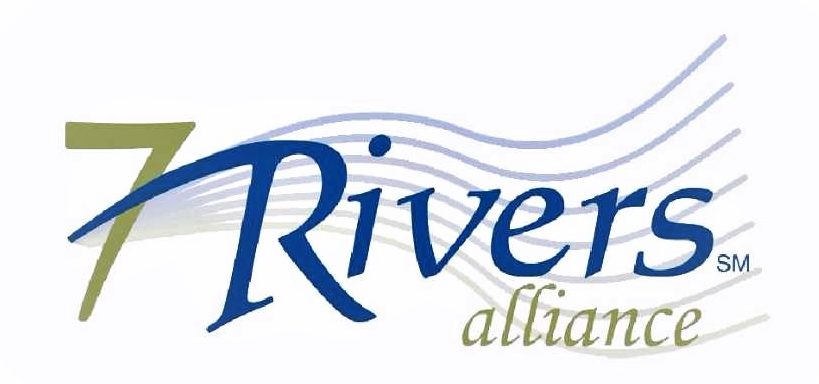An efficient transportation system acts as the backbone of a region’s economic development. Here’s how it contributes:
- Reduced Costs: Transportation facilitates the movement of goods and people, bringing down production and distribution costs for businesses. This makes regional products more competitive in domestic and international markets.
- Market Access: Efficient transportation allows businesses to access a wider range of customers, both within the region and beyond. This opens doors for regional specialization and participation in global supply chains.
- Labor Mobility: People can travel more easily to find jobs and businesses can access a larger pool of qualified workers. This improves labor market efficiency and fosters a more skilled workforce.
- Business Development: Good transportation infrastructure attracts businesses to a region. Easy access to raw materials, markets, and a skilled workforce makes a region a more attractive location for companies to set up shop.
- Regional Integration: Transportation connects different parts of a region, fostering collaboration and economic exchange between cities, towns, and rural areas. This even development benefits the entire region.
Overall, investment in transportation infrastructure is a key driver of regional economic growth. By improving connectivity and reducing costs, transportation unlocks a region’s economic potential and creates a more prosperous future.
Additional Resources:
East-Central Wisconsin Regional Planning Commission (ECWRPC): Provides technical assistance to communities in the region regarding transportation
La Crosse MTU: Provides Transportation to greater La Crosse Area
Winona Transit Service: Serving Winona County
Northeast Iowa Community Action: Promoting community development with safe and affordable transportation for the public- serving Allamakee and Winneshiek counties
